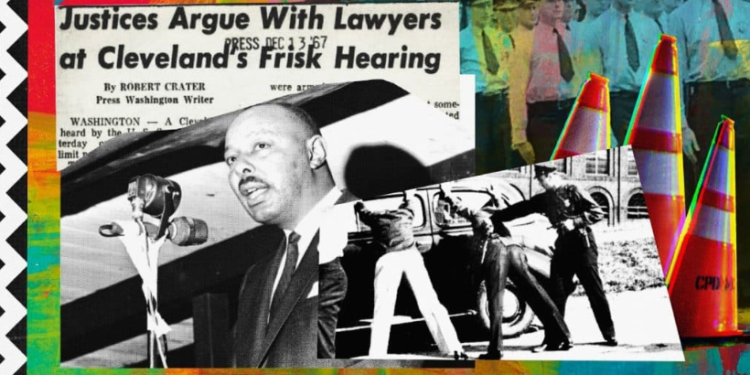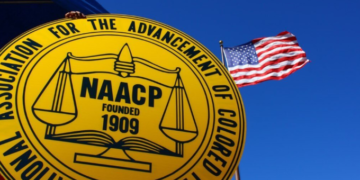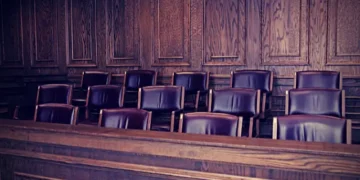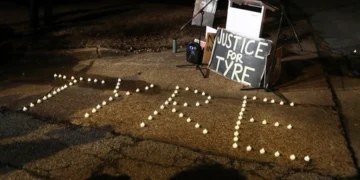Dec 24, 2024 Story by: Editor
Cleveland police make thousands of stops each year, primarily for issuing traffic tickets. In 2023, the department recorded nearly 17,000 stops—roughly 45 per day. Of those, more than 700 were Terry stops, where officers briefly question individuals they suspect may be involved in criminal activity. Known nationally as stop-and-frisk, Terry stops have been a source of controversy, particularly within communities of color, where field interrogations have led to mistrust and tension.
The power for police to stop, question, and search individuals under suspicion stems from the landmark U.S. Supreme Court decision in Terry v. Ohio. This case, originating from Cleveland, allowed officers to stop individuals based on reasonable suspicion, a practice that has since been the subject of scrutiny.
In 2014, the U.S. Department of Justice conducted an investigation into Cleveland police practices and found they were not meeting the standard set by Terry v. Ohio. Officers were failing to document their reasons for stopping individuals, and many Black residents reported feeling targeted by police. Although the DOJ stopped short of labeling the department’s actions as racial profiling, Cleveland officials signed a federal consent decree, agreeing to revise their policies on stops and searches.
As part of these reforms, the department now tracks every stop, recording the reasons behind each one, to ensure accountability and to prevent violations of the Fourth Amendment, which protects against unreasonable searches. Data from 2023 revealed that nearly 70% of those involved in Terry stops in Cleveland were Black, with almost half of the stops not leading to any further police action.
To further understand the history and regulation of Terry stops in Cleveland, we answer common questions related to their practice.
What happened in the case that led to the Terry v. Ohio decision?
On Halloween in 1963, Cleveland police detective Martin McFadden observed John W. Terry, Richard Chilton, and Carl Katz acting suspiciously outside a downtown jewelry store. McFadden stopped them, patted them down, and found weapons. Terry was arrested and convicted of carrying a concealed weapon. His defense argued that the search violated the Fourth Amendment. The case eventually reached the U.S. Supreme Court, where Terry’s lawyer, Louis B. Stokes, argued that the officer lacked sufficient cause to stop and search Terry.
The Supreme Court ruled in favor of McFadden, granting police the authority to stop, question, and search individuals based on reasonable suspicion. Justice William Douglas, in dissent, warned of the potential for police overreach. The following day, Cleveland Police Chief Michael J. Blackwell assured the public that police would not abuse this new power.
What defines a Terry stop?
Terry stops occur when an officer detains an individual briefly based on reasonable suspicion of criminal activity. Officers can also conduct a frisk if they believe the individual is armed. The officer must have specific facts or observations to justify the stop, often combining multiple factors, such as the person’s location or behavior.
For instance, officers may stop someone in a high-crime area if they are acting nervously or attempting to flee. However, simply being in a high-crime area or refusing to talk to an officer is not grounds for a stop.
In Cleveland, common reasons for Terry’s stops in 2023 included matching a suspect’s description or being out past curfew without an adult.
What isn’t considered reasonable suspicion?
Past arrests or merely being in an area known for criminal activity are insufficient to justify a stop. Similarly, an officer cannot stop someone solely because they are carrying a firearm or based on an anonymous tip.
How does Cleveland handle Terry’s stops?
Cleveland’s police department tracks and reports all stops, including the location, race, and age of those stopped. Officers are required to document why they stopped someone, ensuring accountability. Supervisors review these reports, and any issues are addressed up the chain of command.
In 2023, supervisors determined that officers were nearly flawless in justifying their stops. However, individuals can challenge a stop by filing a complaint with Cleveland’s Office of Professional Standards or in court.
Has anyone challenged a Terry stop in Cleveland?
In 2006, Cleveland resident Louis Simmons challenged his arrest following a stop by officers outside Harvard Deli. The officers claimed Simmons appeared startled when they approached, but the appeals court ruled that this was not enough to justify the stop and search. The court found that Simmons’ reaction, coupled with his location in a high-crime area, did not provide reasonable suspicion.
Share Your Experience
The Marshall Project – Cleveland has been investigating police stops in the city. In 2023, Cleveland officers disproportionately searched Black individuals, more than three times as often as White individuals. To learn more about this practice and its historical context, including its connection to Terry v. Ohio, the public is encouraged to share their experiences or ask questions through a short form. Source: The Land

















